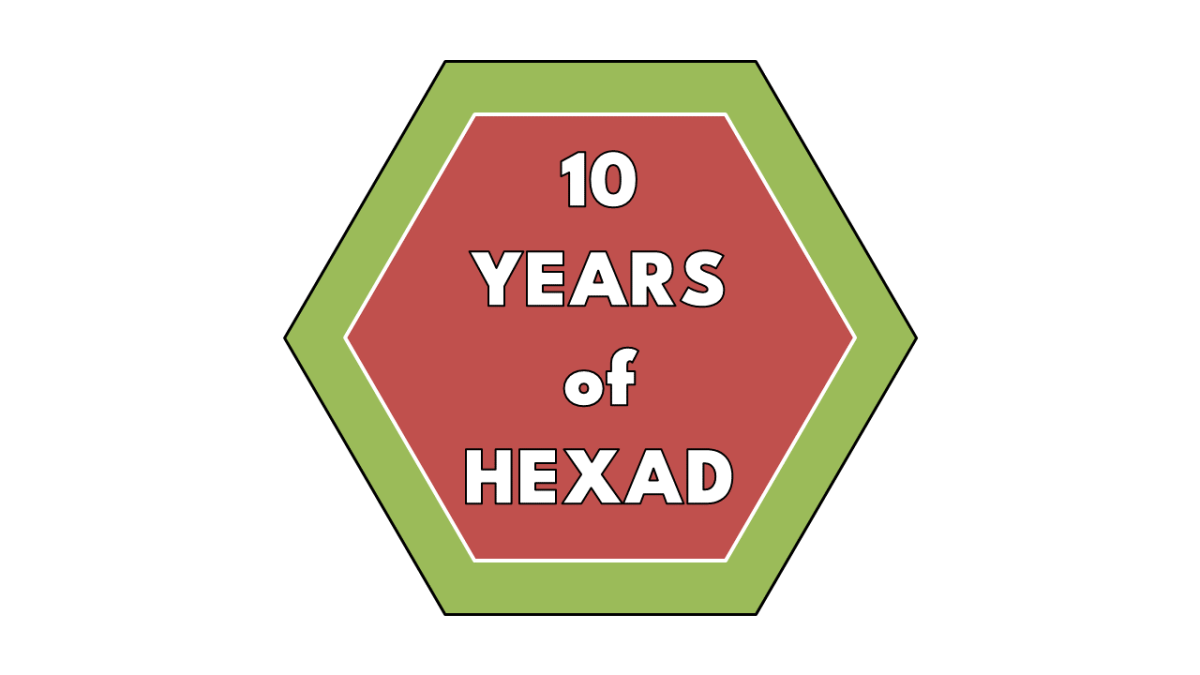The wonderful Pete Baikins recently reposted an article from Mashable on Linkedin that got my hekcles up a little. It was all about how gamification was the spark of modern era of AI.
The article argued that early itterations of error filled AI chatbots had given rise to “accidental gamification” where it had become fun and playful to find ways to get Chat GPT to get it wrong. Just to lean in to this – I asked Gemini to summarise the ariticle for you
This is an article about how gamification has influenced the development of artificial intelligence [AI]. It discusses the ways in which AI is being used in games and entertainment. People are creating games that challenge AI systems to perform tasks. These games can reveal both the strengths and weaknesses of AI. In turn, this helps researchers improve AI technology. The article also argues that the public’s playful engagement with AI is helping to shape its development.





